
Recent developments in cancer treatment and research.
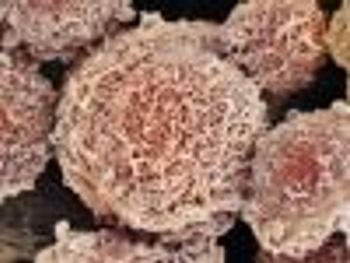
Beta-blockers found reduce to stress from hormones that fuel disease progression.

Study may help improve early cancer detection.

Study estimates United States is wasting $45 million every month that biosimilar Zarxio is not on the market.

Blocking oxygen sensor may improve colorectal cancer treatment.

Cancer drug may benefit patients with specific genetic mutation.
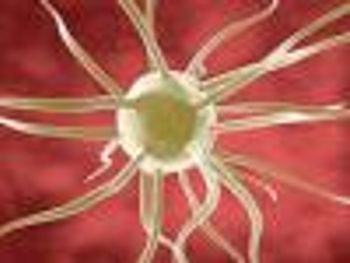
Researchers evaluate how PTEN protein regulates cell growth and how mutations can lead to cancer.

Cabozantinib is a potential treatment for patients with advanced renal cell carcinoma who received one prior therapy.

Researchers shed light on association between alcohol consumption and cancer.

Doppler system correctly identified 100% of patients with malignant skin cancer.
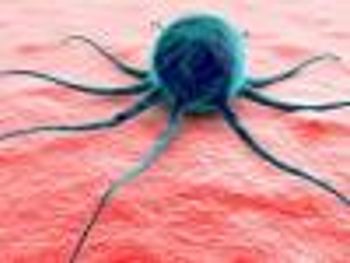
Cancer drug significantly reduces the risk for clinically relevant non-major bleeding.
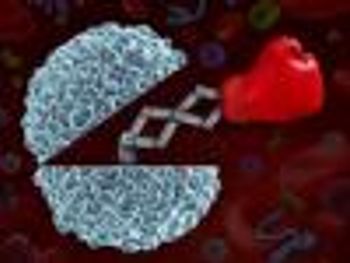
Findings could lead to more effective treatments for diseases such as cancer and multiple sclerosis.

New cancer detection technique may reduce the need for costly low-dose CT scans.

Researchers evaluate how cancer cells adapt and survive in a new bone environment.

Ongoing clinical trial testing guadecitabine in Myelodysplastic syndromes and acute myelogenous leukemia.
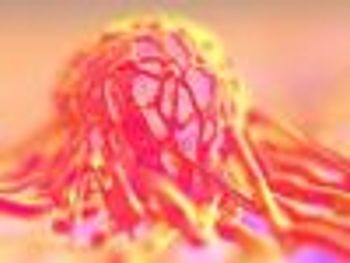
Epidermal growth factor receptors may offer cancer treatment target.

A look back at recent developments in cancer research.

A regular dose of aspirin may reduce the risk of early cancer development.

Keytruda is currently approved for patients with unresectable or metastatic melanoma.
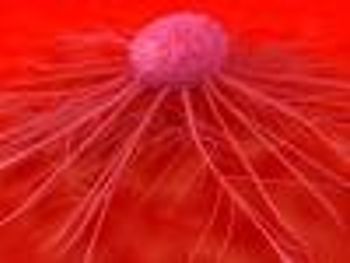
Treatment uses photodynamic therapy with compounds that make cancer cells vulnerable to reactive oxygen species.

Study finds coffee consumption improves survival odds in some patients.

Novel kinase cascade found to regulate cancer growth.
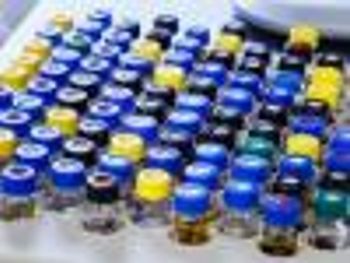
Sprycel label now includes 5-year first-line efficacy and safety data in adults with newly diagnosed Philadelphia chromosome-positive chronic myeloid leukemia.

Experimental drug shows promise in recent study.

Many people who test negative for BRCA1 and BRCA2 harbor other harmful genetic mutations.

New method may help personalize treatments for aggressive cancer.

Catch up with the latest news in cancer research.

Combining chemotherapy with immune blocker could prevent cancer from growing back.
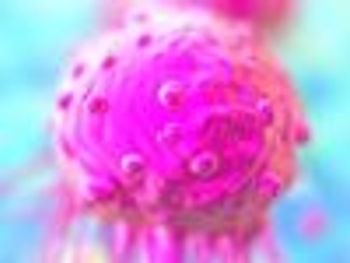
Compound kills breast, prostate, lung, and liver cancer cells without harming healthy cells.

Intra-abdominal fat cells associated with the progression of Crohn's disease and ulcerative colitis.